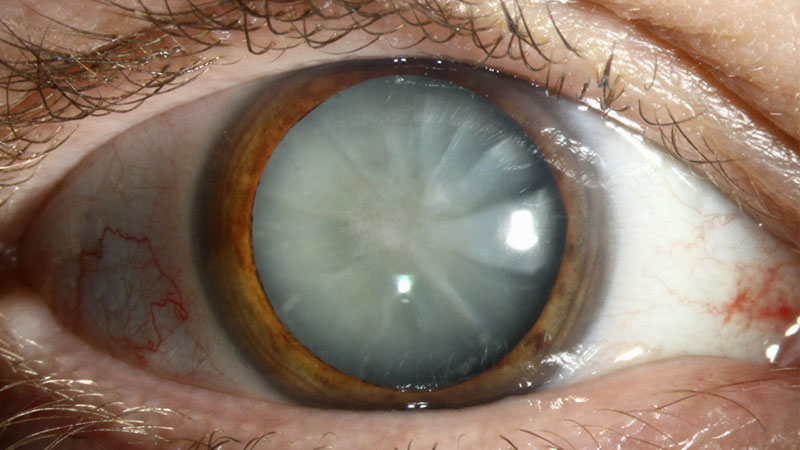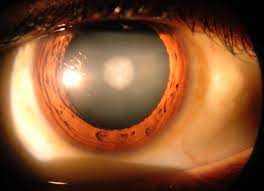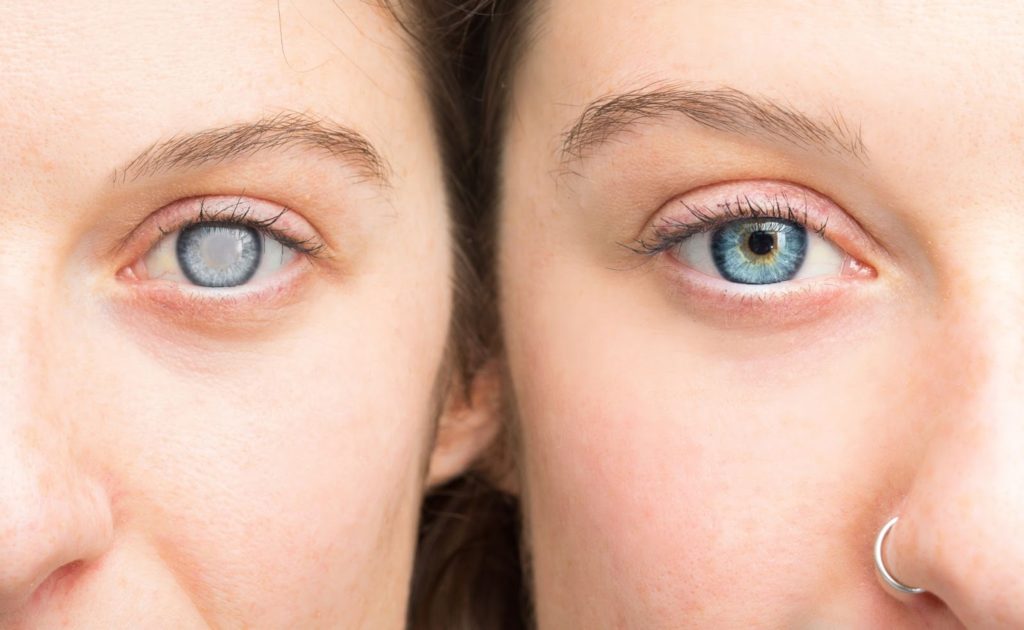Cataracts
Welcome to Bright Vision Care Hospital, where we are committed to bringing the world into focus, one eye at a time. In this informative guide, we delve into the topic of cataracts, a common eye condition that can affect people of all ages. Our aim is to shed light on cataracts, providing you with comprehensive information and expert guidance to help you make informed decisions about your eye health.
Cataracts are a clouding of the eye's natural lens, leading to blurred vision and, if left untreated, potentially causing significant vision impairment. But here at Bright Vision Care Hospital, we believe that knowledge is the first step towards clarity. Join us on this journey to understand cataracts, learn the do's and don'ts of managing this condition, explore exercises to support your eye health, and discover how our specialized care can help you regain the clear, vibrant vision you deserve.
Symptoms
Cataracts often cause a gradual and progressive blurring of vision, making it increasingly difficult to see clearly. This blurriness can be likened to looking through a cloudy or frosted window.
Reduced Color PerceptionIndividuals with cataracts may notice a fading or yellowing of colors, making the world appear less vibrant. This can affect their ability to distinguish between colors accurately.
Glare SensitivityCataracts can cause increased sensitivity to glare, particularly in bright sunlight or when driving at night. Oncoming headlights or bright lights may appear dazzling and uncomfortable.
Difficulty Seeing in Low LightPeople with cataracts often struggle to see clearly in dimly lit environments. Reading or performing tasks in inadequate lighting becomes challenging.
Frequent Changes in Prescription GlassesCataracts can lead to frequent changes in eyeglass prescriptions, as the clouding of the eye's lens alters its focusing ability. Despite new prescriptions, vision may not significantly improve.


Do's & Dont's
Do's
Regular Eye ExamsSchedule routine eye exams with our experienced ophthalmologists to monitor your eye health and detect cataracts early.
Healthy DietConsume a diet rich in antioxidants, vitamins (particularly C and E), and minerals like zinc. These nutrients can support eye health and potentially slow the progression of cataracts.
UV ProtectionWear sunglasses that provide adequate UV protection to shield your eyes from harmful sun rays, reducing the risk of cataract development.
Manage Chronic ConditionsControl chronic conditions like diabetes and hypertension, as they can contribute to cataract formation.
Quit SmokingIf you smoke, consider quitting. Smoking is a known risk factor for cataracts.
Dont's
Delay TreatmentIf cataracts are diagnosed, don't delay treatment. Cataract surgery is highly effective and can significantly improve your vision and quality of life.
Neglect SafetyWhen participating in activities with potential eye hazards, such as construction or sports, always wear protective eyewear to prevent eye injuries.
Exercises
While exercise won't directly remove cataracts, certain eye exercises can help maintain eye health and improve overall vision:
Practice moving your eyes up, down, left, and right to enhance eye muscle flexibility and coordination.
Focus ShiftingAlternate between focusing on a close object and a distant one to improve your eye's ability to adjust to varying distances.
PalmingRub your hands together to generate warmth, then gently cup your palms over your closed eyes. This exercise can relieve eye strain and promote relaxation.
BlinkingBlinking rapidly for 30 seconds helps moisten your eyes, reducing dryness and discomfort.

Summary
Cataracts are a common eye condition that can affect anyone. Bright Vision Care Hospital is dedicated to providing you with the knowledge and support needed to effectively manage cataracts. By following the do's and don'ts, you can take proactive steps to protect your vision. Engaging in appropriate eye exercises can further support your eye health.